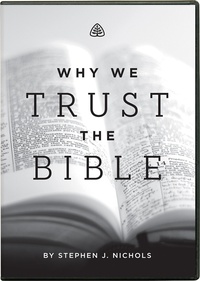2013
11:00 A.M.
In many Churches, both historically and even in our own day, the last Sunday in October has been known as Reformation Sunday. It is tied to October 31, 1517 when Martin Luther nailed his 95 Theses to the door of the Church in Wittenberg, Germany, sparking the Protestant Reformation. As the Bible was studied in its original languages, the Gospel of justification by Grace alone, through Faith alone in Christ alone was soon re-discovered and then proclaimed, and the rest, as they say, is history.
One of the slogans that emerged during this time was “Sola Scriptura,” the Latin phrase for “Scripture alone.” While the opinions and writings of the gifted leaders in the Church, and even the Confessions of the Churches are to be given their due respect, the Bible alone is the word of God, and therefore is the sole infallible rule of faith for the people of God. It alone has the authority to bind the conscience.
This year, at King’s Church, we will build our faith together as we study this vital theme of “Why we trust the Bible.” We will enjoy six short teaching sessions (each 23 minutes in length) with Dr. Stephen Nichols, who is a very gifted communicator:
 (1) Revelation: Where Would We Be Without It?
(1) Revelation: Where Would We Be Without It?
(2) The Authority of Scripture, Part 1: The Doctrine of Inspiration
(3) The Authority of Scripture, Part 2: The Doctrine of Inerrancy
(4) Why Sixty-Six Books? The Development of the Canon
(5) Why So Many Interpretations? The Clarity of Scripture& Interpretation
(6) Scripture for Life: The Sufficiency of Scripture
Our Reformation Sunday service will start at the normal time of 11:00 a.m. and we will seek to finish our time together around 3:30 p.m. We will share a pot luck meal and enjoy a rich time of fellowship.
I hope you will plan to join us for this special day.
– Pastor John

